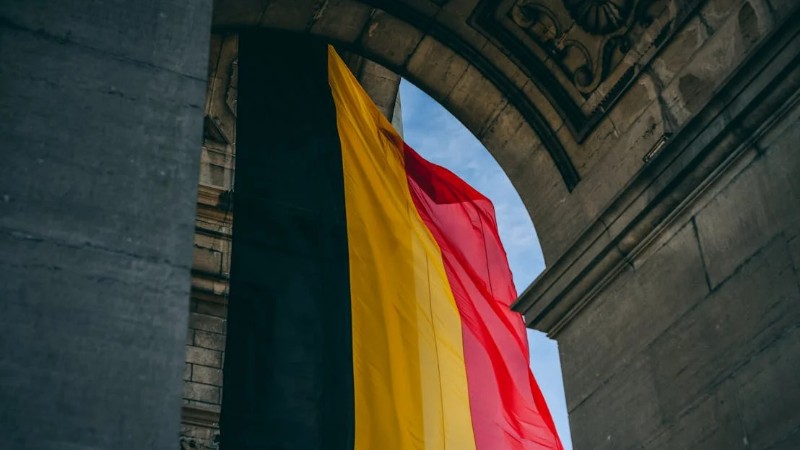
Efforts to control gambling adverts in sport are bringing challenges and new ideas from those involved. Recent restrictions by regulatory bodies are changing how sponsorships work, especially in Belgian football and Google’s ad policies. These changes aim to lessen the effects of gambling adverts on society whilst keeping sport organisations financially stable.
Loopholes in sponsorship regulations
Belgium’s new strict rules on gambling sponsorships in football have pushed clubs to think outside the box. The King’s Commissioner for Sport (KSC) put these rules in place to reduce the impact of gambling adverts on fans, especially those at risk of gambling addiction. But Belgian clubs have found ways to work within these rules through indirect partnerships, such as with foundations and supporter groups.
These partnerships allow clubs to show off secondary brands or platforms tied to gambling firms, getting around the ban on direct sponsorships. For example, teaming up with news sites that link users to betting platforms has become more common. These tactics give clubs much-needed funds without breaking the rules.
As Belgium deals with these challenges, the Premier League is facing similar issues. It plans to ban gambling logos on team shirts in the 2026/27 season but will allow them on sleeves, which might lead to lost revenue. Gambling companies have historically been major sponsors, offering large fees that are hard to replace.
Google’s role in gambling advert policies
Google Ads has strict rules to ensure that gambling advertising is done responsibly and follows local laws. These rules are meant to protect you, especially minors, and to promote responsible gambling. If companies want to advertise gambling content, they must first get certified by Google Ads. This certification requires them to meet strict criteria like advertising only in certain countries, sharing responsible gambling information, and not targeting people who are under age.
There are different rules for different kinds of gambling content. Physical gambling places, like real casinos, can advertise under certain conditions. Online gambling companies can also advertise if they follow the certification and localised rules. Even social casino games—games that simulate gambling but with no real money—can advertise if they meet specific standards.

